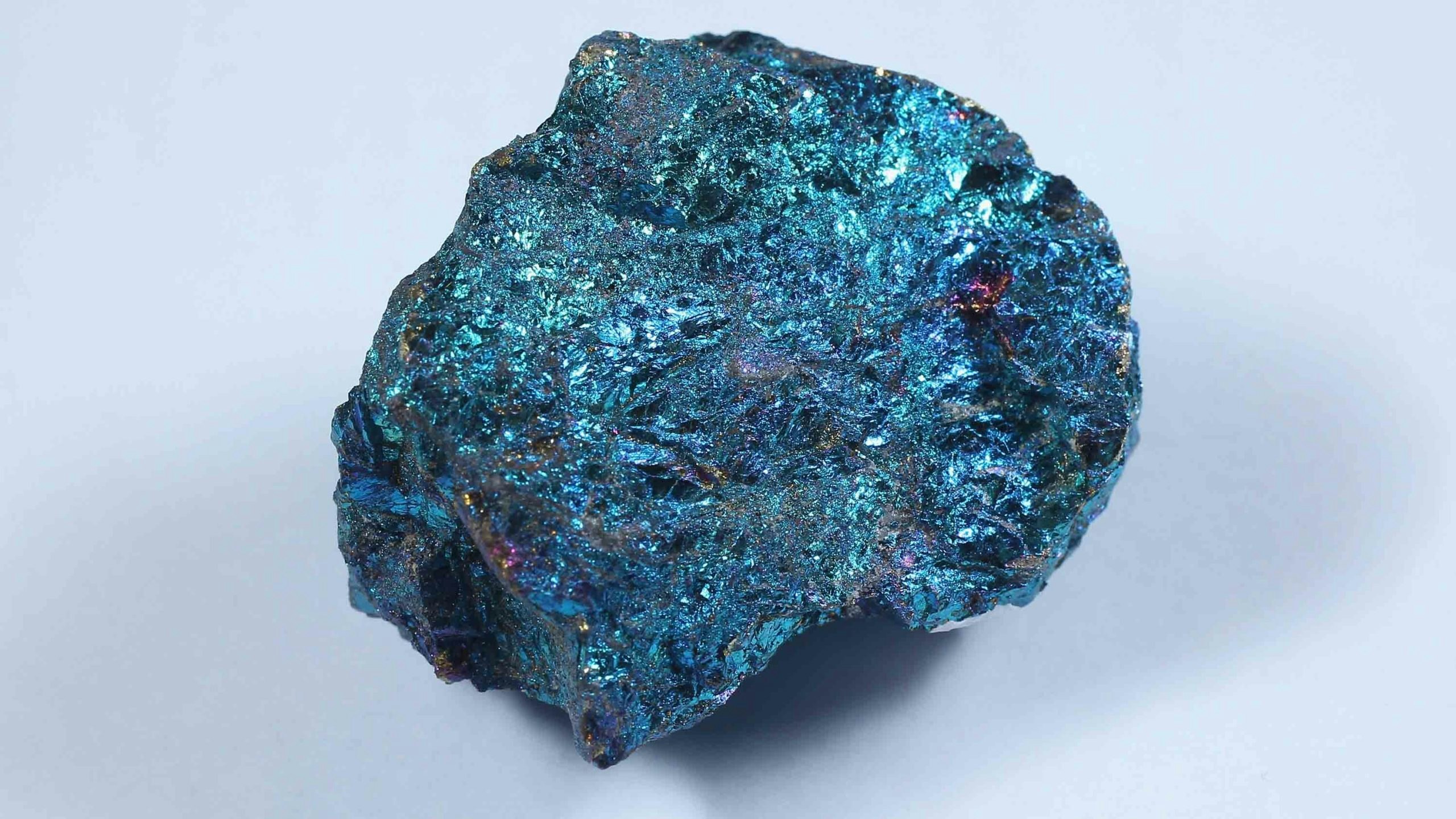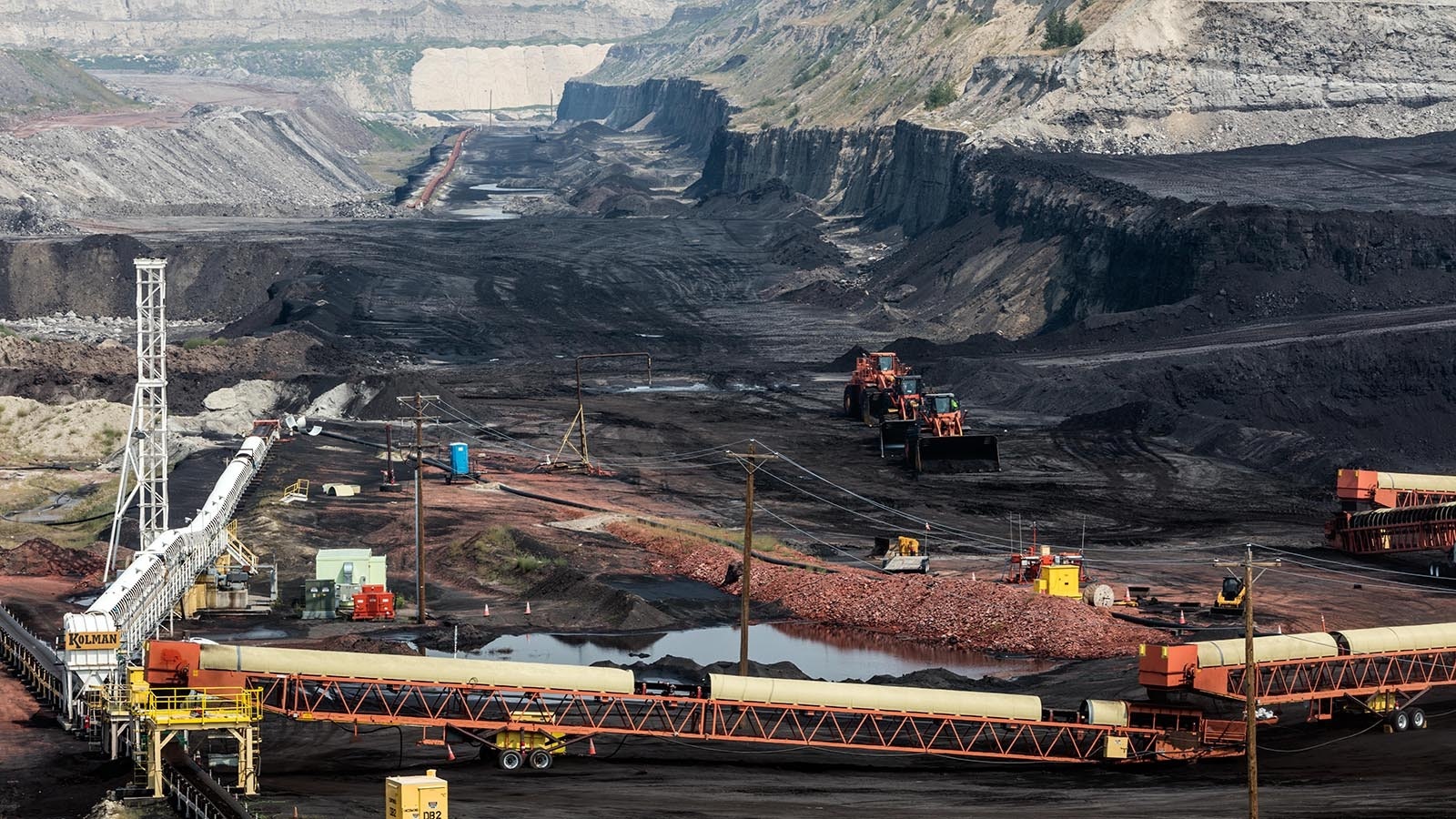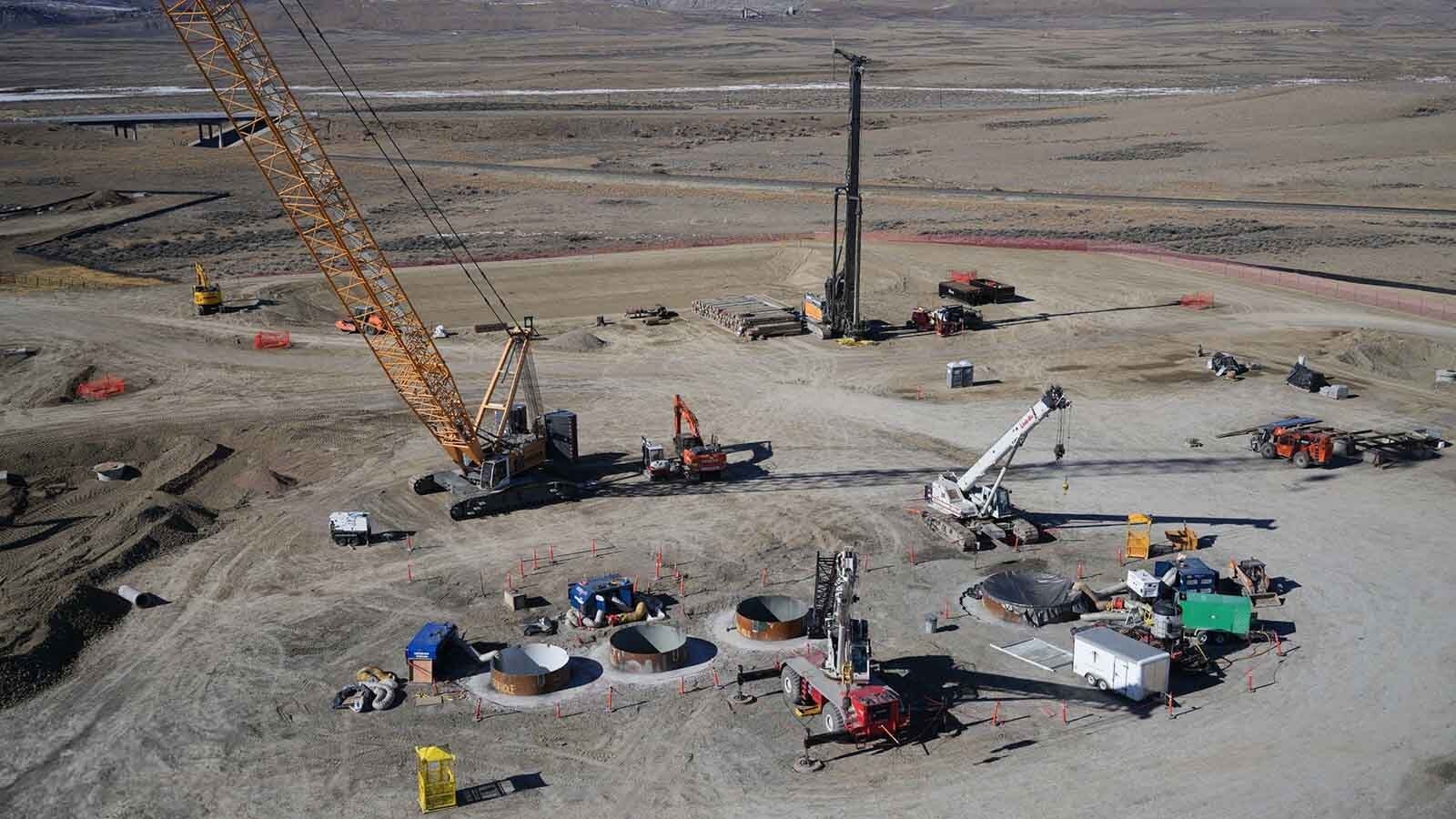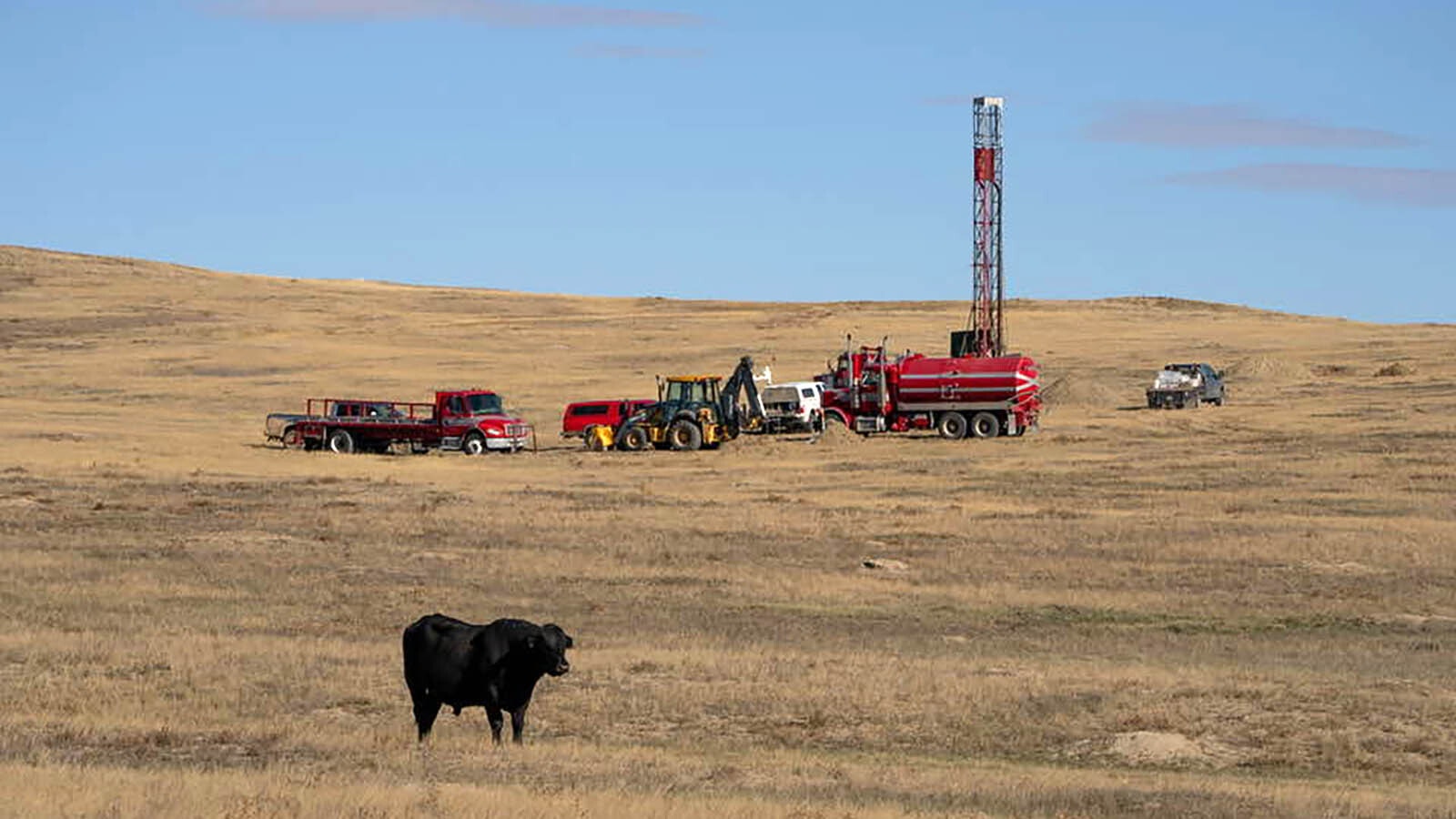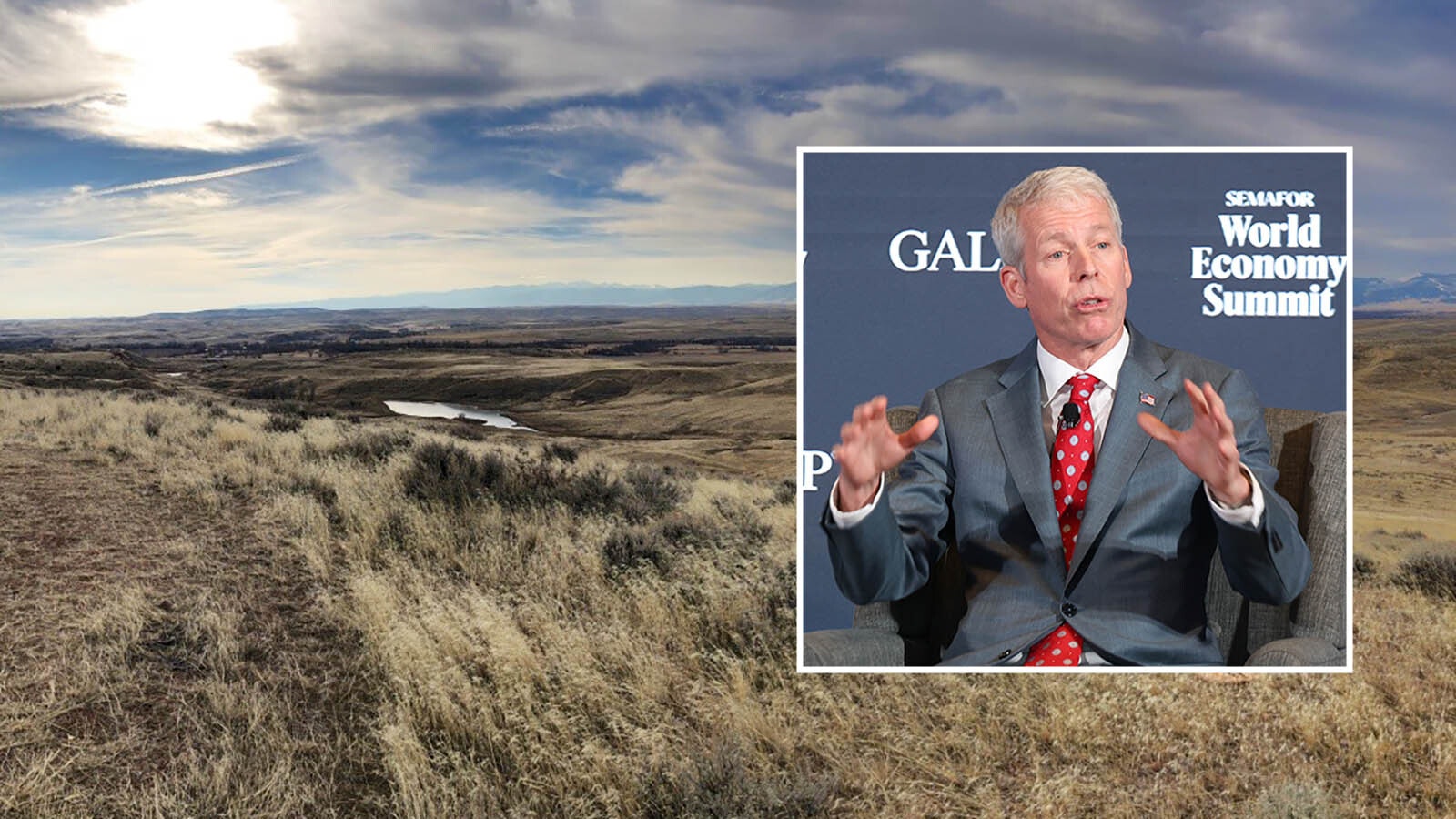The Wyoming Energy Authority has awarded a $4.4 million grant to Rare Element Resources for its planned processing and separation demonstration plant in Upton.
The project also is supported with $21.9 million in matching funding from the U.S. Department of Energy. The total cost of the project is about $44 million.
Brent Berg, president and CEO of RER, told Cowboy State Daily the support from the WEA means the company has secured the entire investment needed for the demonstration project.
“We’re humbled by the state’s generosity,” Berg said. “We think it’s an exciting project, both for us and the state of Wyoming, to really start the early work to set up the hub for rare earth elements in the state.”
Mining Market
Rare Element Resources had previously bought a full-scale commercial rare earth mining operation, with plans to take ore from Bull Hill Mine 12 miles north of Sundance and process it at a plant in Upton. The long federal permitting process outlived the company’s ability to finance the project.
The company now hopes its demonstration will prove a processing method that will attract investors for a full-scale rare earth mining project.
The exact details of the process are proprietary, but it will not leave any waste piles behind, which adds huge remediation costs for rare earth mining operations.
Huge Mining Increases
According to the U.S. Geological Survey, 80% of rare earth imports in 2019 came from China. The manufacturing of wind turbines and solar panels, along with massive increases in transmission to transport energy from wind and solar farms to consumers, will require an unprecedented increase in mineral mining, including rare earths.
If the demonstration project goes well, RER will be able to tap into that growing market.
Glen Murrell, executive director of the WEA, said in an announcement on the award that, “The need for domestic rare earth elements is a necessity for both our ‘all-of-the-above’ energy strategy and also our energy security.”
Wyoming, Murrell noted, has some of the highest-grade rare earth deposits in North America.
Waiting For A License
The site will contain a small amount of thorium, Berg said, so the company is pursuing permits it will need through the Nuclear Regulatory Commission.
The agency told RER that it will require 600 hours of review before it can send any requests for additional information. Berg said the environmental and draft license could be ready as early as July, but there’s a lot of uncertainty with federal permitting.
The request for additional information should be in hand by March, and the company will have a better picture when it could get the licensing needed.
Design and Construction
The company is working with General Atomics to develop the final design of the project, which it expects to complete soon. Once the NRC gives the green light, construction can construction. Berg said that could be as little as 18 months away.
“We would start construction right away. As soon as we have that license, that enables us to start the construction period,” Berg said.
The company has been procuring materials with long lead times in anticipation of starting construction.
The project will create 30 construction jobs, Berg said, with 15 jobs during the operation period.
“We understand, as does Wyoming, that our project will serve as a cornerstone for the rare earth industry in Wyoming and America while providing a venue for worker training in rare earth processing and separation,” Berg said in the announcement.
Wyoming Primacy
At the same time this project is developing, Wyoming is applying for primacy for rare earth element permitting, which means the permitting would be handled at the state level.
Wyoming will be required to have standards at least as stringent as they are on the federal level, but it will allow for expedited permitting times.
Berg said that primacy greatly improved permitting times for the state’s uranium industry, and the state’s rare earth industry should benefit from it as well.
Federal approval of Wyoming’s application for primacy could take many years.

